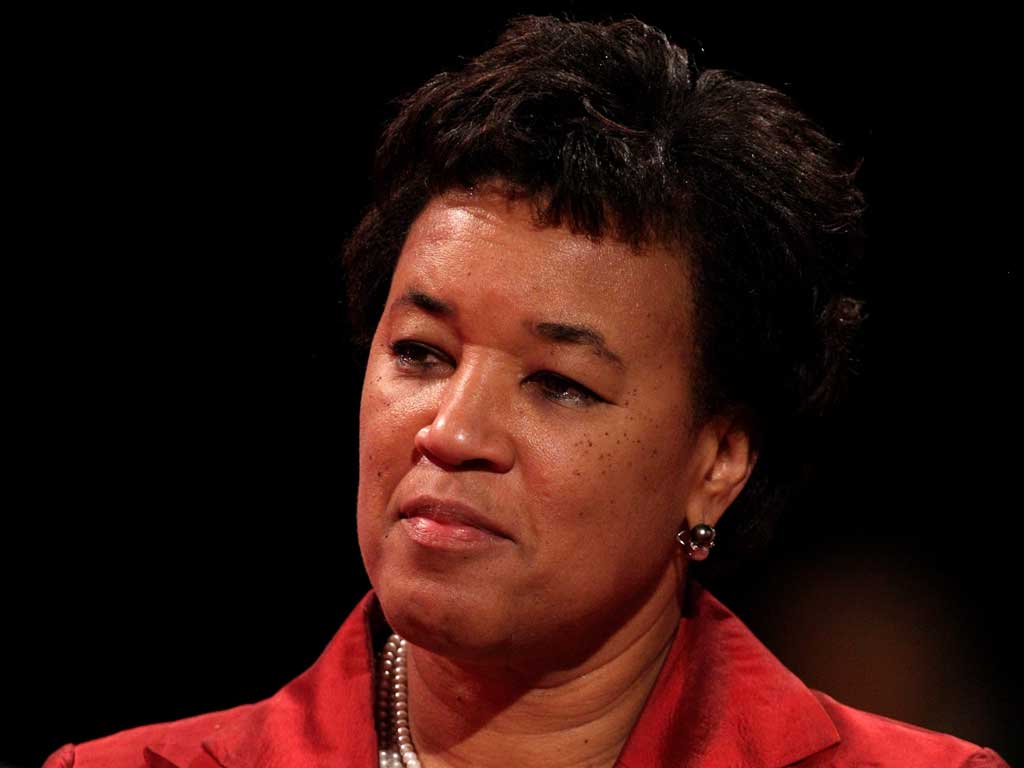Carbon credit scam would have cost Britain £2bn
Customs officials had to move fast to close VAT loophole that helped gang profit from climate-change scheme

The Attorney General was ill in bed when British customs investigators turned up demanding urgent legal advice on a tax matter. But the matter wouldn't wait and they refused to go away.
Without the Government's senior law officer's immediate legal opinion, they warned, Britain faced being scammed out of £2bn.
Baroness Scotland was roused from her sickbed and confirmed that the trade minister, Stephen Timms, had the power to zero-rate VAT. Within 48 hours, investigators had blocked a loophole in a scheme set up with the laudable aim of combating climate change. Shrewd criminals were exploiting that loophole to rob the Exchequer of up to £1m a week.
Details of the dramatic move to end carbon credit fraud emerged this weekend after three members of a UK gang aiming to steal "as much money as possible" from the public purse were jailed for up to 35 years. Sandeep Singh Dosanjh, Navdeep Singh Gill and Ranjot Singh Chahal, were found guilty of stealing £38m.
Southwark Crown Court in south London heard how the gang set up a chain of bogus companies to trade carbon emission allowances. The convictions, the first in the UK, turn the spotlight on a fraud that has cost European nations an estimated £4.2bn in lost tax revenue, according to the law-enforcement agency Europol.
British customs launched an investigation in 2009 after learning that French investigators had concerns about the growing trade in carbon emission certificates. The certificates – one is the equivalent of one ton of carbon dioxide or an equivalent greenhouse gas – are bought and sold by companies as part of a scheme to encourage them to reduce pollution. They are designed to be a key weapon in the battle against global warming, giving companiesa financial incentive to cut their emissions and sell for profit any spare certificates they have.
Criminals registered a string of companies to buy and resell the credits. They bought carbon certificates in one EU country – free of VAT – and sold them on in the UK, adding 15 per cent VAT on top of the sale price. They then kept the VAT money for themselves.
Initially they sold to companies they controlled, using these firms as "buffers" between them and investigators, before reselling them to unrelated, unsuspecting legitimate companies which paid VAT as they would normally. By the time the revenue men came looking for the unpaid tax some time later, the bogus companies had vanished.
Investigators traced money trails across the globe, saying much of the stolen VAT ended up in Dubai where it was shared between members of the now increasingly wealthy gang.
By the time of his arrest in 2009, ringleader Sandeep Dosanjh, 30, had traded up from a modest house in Kent to a luxury apartment in London's exclusive Knightsbridge, together with a £1m property in Notting Hill and a number of expensive cars including a Bentley and a Rolls-Royce.
HM Revenue and Customs estimates the VAT lost to the Government the same year on similar frauds was between £500m and £1.5bn. "When we realised how bad the situation was we went straight to the trade minister," said one source familiar with the inquiry. "Stephen Timms wanted to know what the losses were and how much we would get back. To give him credit he took it on board very quickly and agreed to stop it. Difficulties arose when it was discovered he did not have the power to act independently.
"Civil servants were required to seek an opinion from the Attorney General, from her sickbed, as to whether he could act unilaterally."
Notwithstanding the losses, Mr Timms's quick action meant several hundred million pounds were saved. After the trades were zero-rated, carbon trading collapsed by 90 per cent. At their height, 20 millions tons were being traded in one day.
Investigators were strongly critical of a number of major international banks that had financed the trades. "There was a massive failure on the part of the financial institutions to 'know your customers', which allowed this to happen," one said.
Join our commenting forum
Join thought-provoking conversations, follow other Independent readers and see their replies
Comments
Bookmark popover
Removed from bookmarks